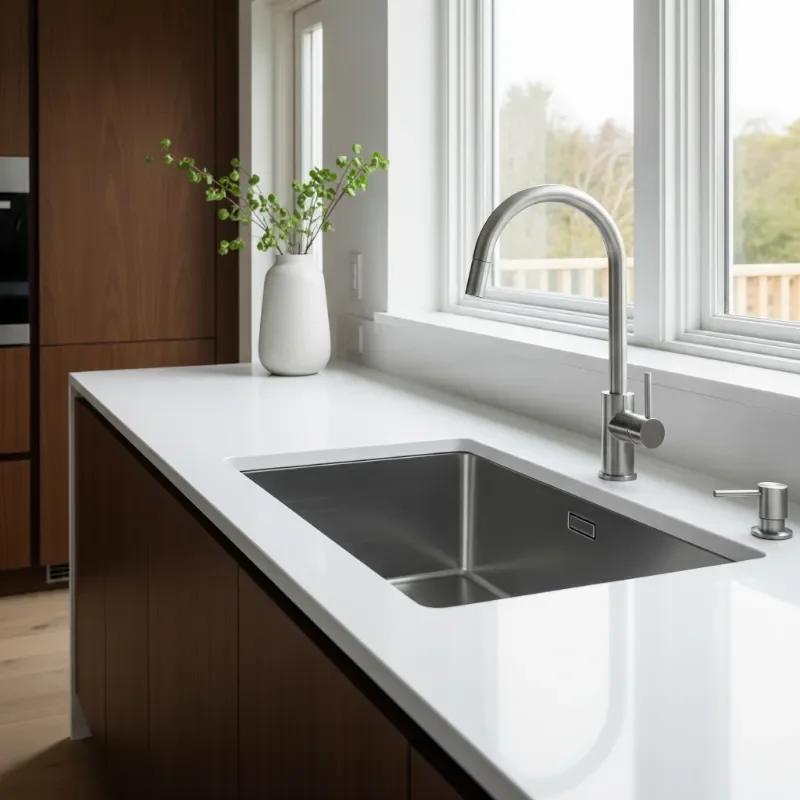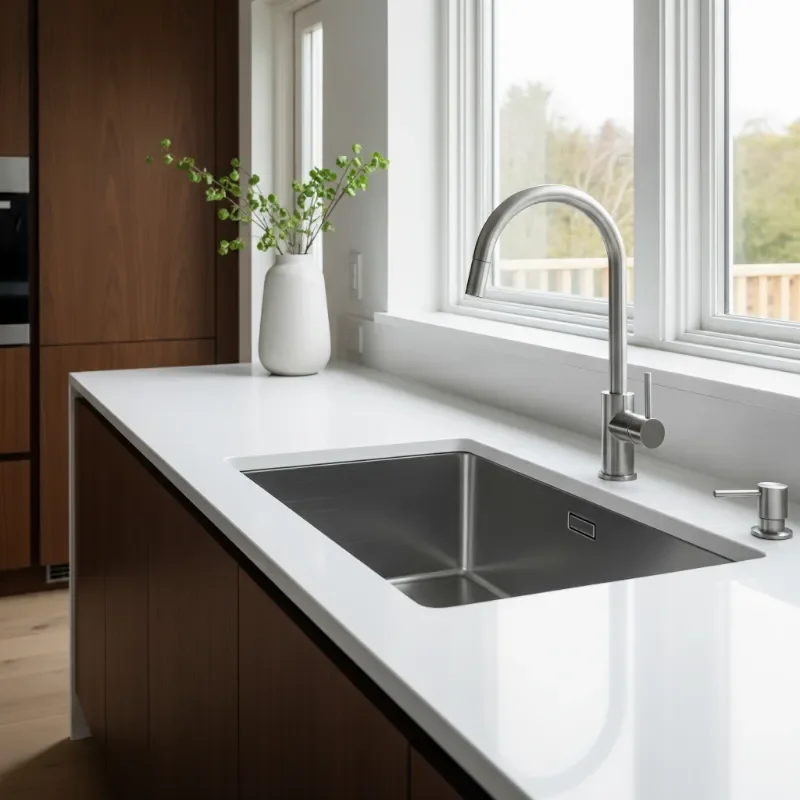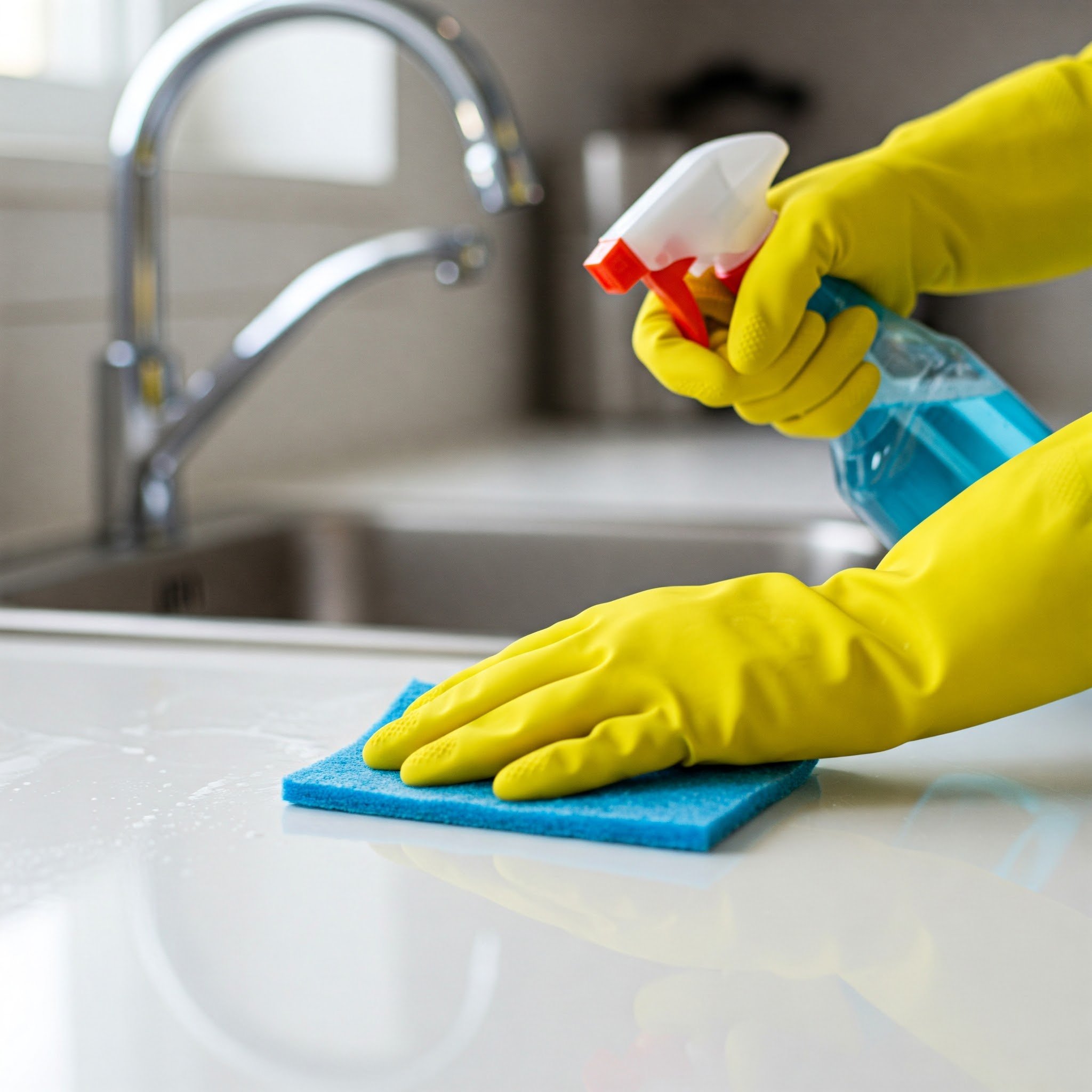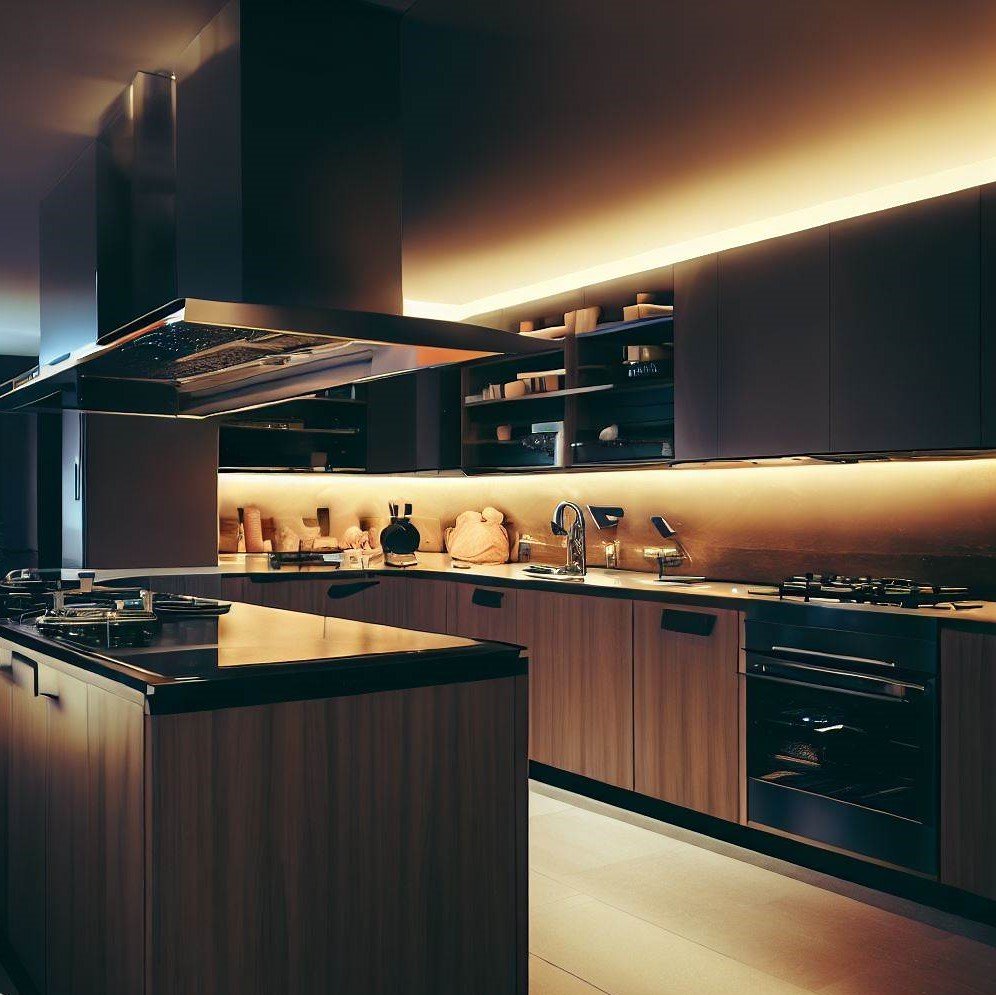How To Deal With A Sudden Kitchen Sink Blockage
Learn quick and effective tips to handle a sudden kitchen sink blockage, prevent damage, and restore proper drainage without the stress.
There’s something especially annoying about a kitchen sink that backs up out of nowhere. You’re mid-meal prep or cleaning up after dinner, and then—just like that—nothing drains. Water pools. Utensils float. And depending on how unlucky you are, a smell might follow. It’s a disruption no one wants, and unfortunately, it rarely resolves itself.
While it might be tempting to grab the nearest plunger or pour in some store-bought chemical cleaner, a sudden blockage often signals more than just a stray vegetable peel. The key is understanding what causes it and knowing when it’s time to bring in help.
What Causes A Sink To Back Up Without Warning?
The kitchen sink is arguably one of the most abused fixtures in any home. Everything from coffee grounds and pasta starch to grease and eggshells finds its way down the drain. Over time, these materials can cling to the inside of the pipework, forming stubborn layers of sludge. The issue builds slowly, invisibly, until something finally shifts—and then the flow stops.
Occasionally, the blockage isn’t even in your immediate pipework. It might be further down the line, in the external drainage system or u-bend. In rental flats and older homes, shared pipe systems can also mean someone else’s habits are contributing to your drainage problems. That’s when fast intervention matters.
For homeowners in Essex, it’s worth knowing that fast repairs for kitchen sink issues are just a click away. When a quick fix won’t cut it, professional drainage specialists can diagnose the problem with precision and clear it safely.
How To Know When DIY Isn’t Enough
There’s a small window of time when a plunger or hot water might work. But if the sink fills quickly and drains slowly (or not at all), it’s a sign the clog is deeper or more complex. Repeated attempts at clearing it yourself can even make it worse, pushing the blockage further along the pipe or damaging seals.
Chemical cleaners come with their own risks. Not only can they harm your plumbing over time, but they’re also dangerous to store around kids and pets. If you’ve already tried one without success, avoid mixing products—this can cause harmful fumes or reactions.
The better route? Assessment by someone with tools and training. A drainage expert can identify whether you’re facing a localised clog, a collapsed pipe, or a bigger structural issue. And the best part is, the fix often takes less time than the hours spent on failed DIY.
Why Time Matters With Kitchen Blockages
It’s not just about convenience. Left untreated, a blocked kitchen sink can escalate quickly. Water left standing in the basin can seep into benchtops or cabinetry. And if the pressure in the pipes has nowhere to go, leaks become a real risk. Mold, bacteria, and structural damage aren’t far behind.
What begins as an annoying interruption could evolve into costly repairs. That’s why same-day service from a local specialist isn’t just a luxury—it’s a smart way to protect your home.
The Hidden Costs of DIY Fixes
While it might seem cheaper to tackle drain issues yourself, repeated DIY attempts often mask the real problem and delay proper resolution. Over-the-counter drain cleaners can corrode pipes over time, while excessive plunging may damage seals or joints. Plus, misdiagnosing the cause wastes both time and effort. By the time a professional is finally called in, the issue may have worsened—leading to more invasive work and higher costs. In short, a temporary win can result in long-term loss. Investing in expert help from the start often ends up being the most cost-effective decision you can make.
When It Comes To Drains, Experience Matters
A good drainage technician brings more than just tools. They bring a strategy. Whether that means dismantling part of the pipework, applying high-pressure water jets, or inspecting with CCTV, the focus is always on resolving the root issue. Not just pushing it further down the line.
Professionals also spot patterns. If your sink backs up every six months, there might be a design flaw or recurring build-up. You’re not just paying for a fix—you’re gaining insight that could prevent future callouts.
Final Thoughts
A blocked kitchen sink is frustrating enough. It shouldn’t derail your entire day. Instead of stacking dishes on the counter and hoping gravity does its thing, getting help early makes all the difference.
Because when you’re dealing with water, time isn’t on your side. The sooner it’s cleared, the sooner you can return to life as usual—with clean plates, dry cupboards, and a functioning sink that does what it’s supposed to do: drain.








